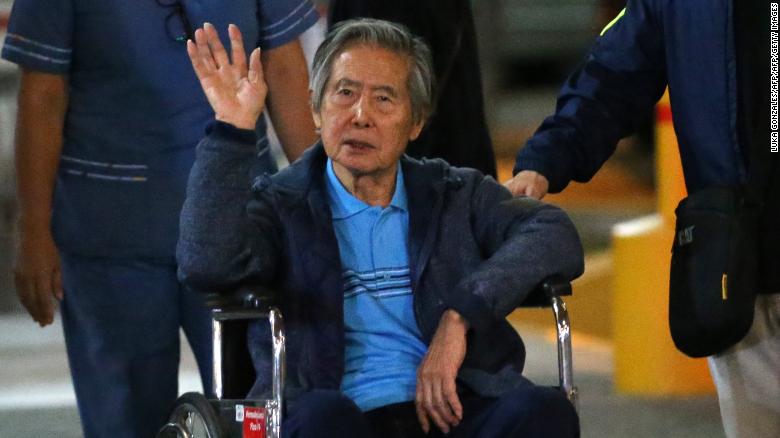By: Katherine Hewitt
Impunity Watch Reporter, Asia
BISHKEK, Uzbekistan – On February 14, various human rights organizations called for Uzbekistan to investigate the claims of torture and mistreatment of two journalists currently in jail – Bobomurod Abdullaev and Hayot Nasriddinov. The statement also called for the immediate release of the two as well as other journalists detained. Twelve groups partook in this petition: Amnesty International, the Association for Human Rights in Central Asia, Civil Rights Defenders, the Committee to Protect Journalists, Freedom House, Human Rights Watch, International Partnership for Human Rights (IPHR), the Norwegian Helsinki Committee, Reporters Without Borders, Freedom Now, ARTICLE 19, and the Uzbek-German Forum for Human Rights.

Both were arrested in the later half of 2017. Abdullaev was a reporter for Fergana. He was arrested for “conspiracy to overthrow the constitutional regime” by the National Security Service (SNB). His articles were described as ‘extremist’ and as part of a conspiracy theory to overthrow the government. The charge comes with a 20 year jail sentence. He told relatives of his torture and mistreatment.
Nariddinov was a blogger and economist. The reasoning for his arrest is unclear, but it is believed to be similar to Abdullaev’s. He could also face up to 20 years of prison if charged. There are concerns that he is also facing ill-treatment.
Abdullaev shared his abuse with his mother and wife, when they visited him in January. He said he was approached by SNB who did not show identification. He was beaten, a bag thrown over his head, and pushed into a car. He was kept naked standing in freezing jail cell with no food for 5 days.
On January 31st, the chief of the SNB was replaced. Under his tenure there were multiple cases of torture and ill treatment. Two SNB officers involved in the abuses have been suspended from the case, reportedly.
Central Asia Director at Human Rights Watch said, “At a time when the Uzbek government appears to be taking steps to reform the country’s feared security services, reports of a journalist’s torture in their custody should prompt an immediate investigation and decisive, public condemnation.”
For more information, please see:
Human Rights Watch – Uzbekistan: Investigate Torture of Journalist- 14 February 2018
Article 19 – Uzbekistan: Investigate torture of journalist – 14 February 2018


